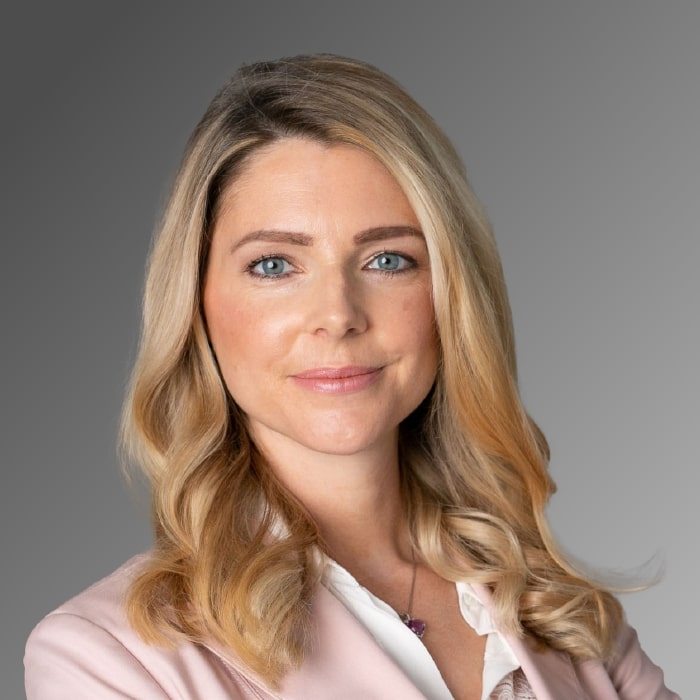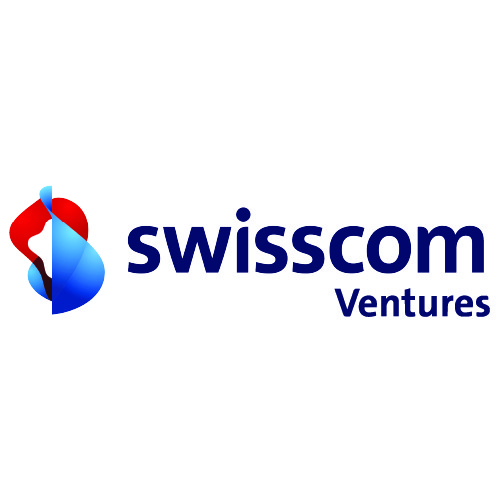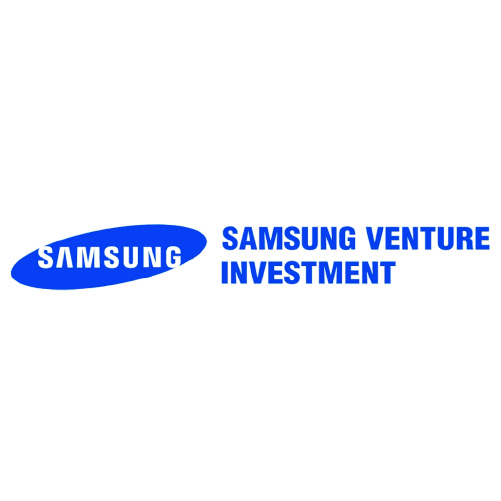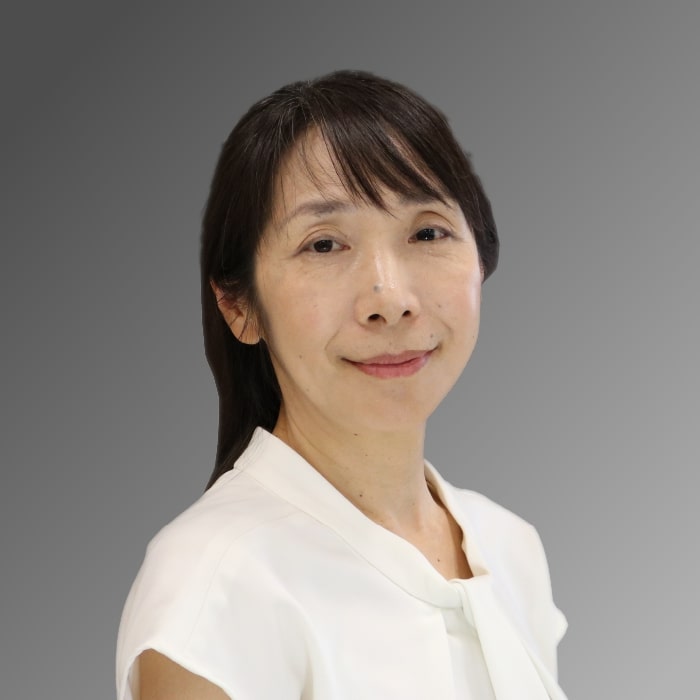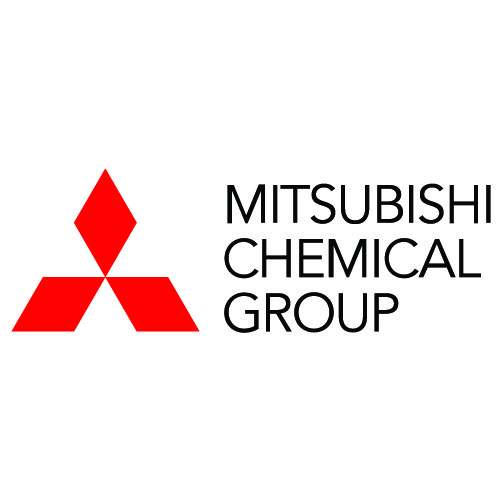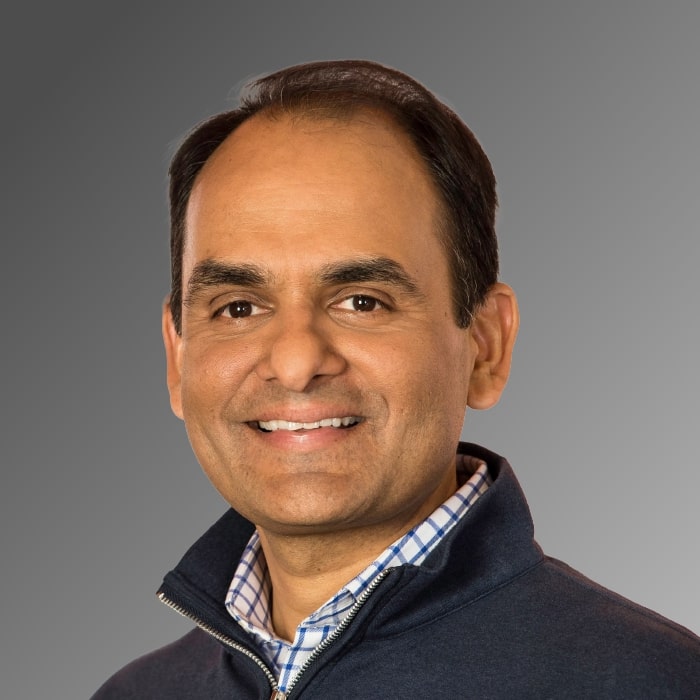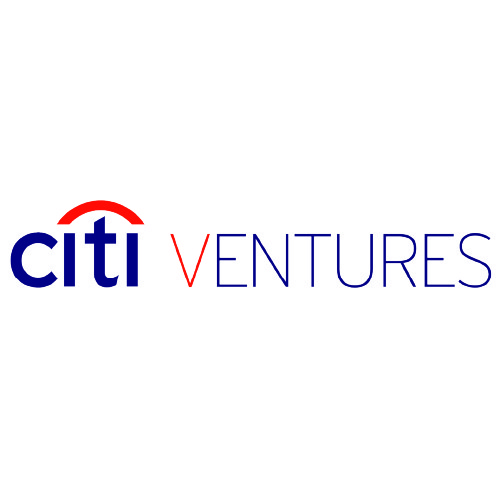Partner Cyril Vančura brings Silicon Valley Mindset to Europe’s imec.xpand
May 13, 2024
Interviewed by Nicolas Sauvage on August 6, 2021
Imec.xpand Partner Cyril Vančura joined Corporate Venturing Insider to discuss the unusual arrangement his firm has with IMEC (Interuniversity Microelectronics Centre) and the investment approach that that partnership requires. He told podcast host and TDK Ventures President Nicolas Sauvage that because IMEC works with numerous startups, portfolio management necessitates disciplined decision-making and saying no to promising entrepreneurs far more often than saying yes.
From the Lab to CVC
A scientist by nature and training, Cyril earned his Ph.D. in semiconductor technologies and micro-electro-mechanical systems sensors. While he only uses “bits and pieces” of that advanced knowledge in helping the startups he invests in, his doctorate has instilled in him “the discipline to work through a process, to have a structured thinking process when you look at a new problem,” he said. “If we invest in a company, we try to learn as much as possible in a short timeframe to make a judgment on an incomplete set of data. You learn in a PhD to be tenacious and to be structured, to not give up.”
That tenacity led Cyril to seek post-doctoral experience in the United States for what was intended to be a year-long assignment with German multinational firm Bosch Engineering’s Silicon Valley research and technology center.
“At the time, we not only did our own research but also did some scouting for innovation trends,” Cyril explained. “We looked for new technologies in different parts of the innovation ecosystem. We looked at what universities were doing, what was being funded by DARPA (the Defense Advanced Research Projects Agency) and other entities, and what the startup ecosystem was doing.”
Cyril gradually came to lead the startup side of the business, bringing him into contact with entrepreneurs and venture capitalists. As fate would have it, it was at this time that Bosch decided to start a venture capital arm based in Northern California. Cyril introduced himself to the director and began introducing deals while still working at his research job.
“I helped with technical due diligence, and six months later, I was hired into the corporate venture group at Bosch. As the second hire in Silicon Valley, I stayed there for 4 1⁄2 years, helping to grow the team and build up the organization.”
He logged another 4 1⁄2 years in Bosch Venture Capital’s German office, gaining experience in various parts of the CVC and startup ecosystem.
He came to imec.xpand in 2017 to initiate the fund, which became fully operational the next year. Just as the move from Europe to Silicon Valley delivered a culture shock, the move from corporate venturing to an institutional fund proved to be a revelation.
Belgium, Silicon Valley, and the World
The move back home to Belgium, where IMEX is headquartered, did not mean Cyril left Silicon Valley behind completely. Of the lessons learned at Bosch, Cyril said one of the most important is nurturing strong ties with limited partners while maintaining autonomy in investment decisions.
“We talk with (the LPs) on a regular basis about opportunities and share deal flow with them,” he said. “We discuss trends with counterparts who in most cases are the corporate venture groups within this ecosystem. In some cases, we are their pipeline and they have either co-invested with us in opportunities or they (have followed on) in a later round. They will make the decisions themselves on every individual investment, but it’s a fruitful exchange that we have with them.”
“What I do is very much Silicon Valley-style investing, and I brought that over to Europe,” he explained. “Mindsets are different here, both on the entrepreneurial side and the investor side. People are much more focused on ownership than the opportunity. Companies today are inherently international. If we do an investment in Germany the competition is not going to be in France. It’s going to be everywhere else in the world. We have to have an ambitious and global view of companies. I’m (leveraging) the things that I’ve learned in Silicon Valley here in Europe, and I think that…differentiates me from other investors.”
He said he found kindred spirits at imec.xpand, where the other partners have all made investments in US-based technology companies. He said the fund’s partnership with IMEC grounds his philosophy in the mothership’s mission.
“You need it to kind of get buy-in on different levels for the opportunities,” he said. “I flourish in this ecosystem; it suits me because it puts a filter around me. I think if I had gone to an institutional investor where there is no filter, where you can look at any startup that you want, that’d be probably very difficult for me because I wouldn’t know where to go.”
Imec.xpand’s Structure and Philosophy
Cyril said that while the fund maintains an exclusive partnership with IMEC and its investment thesis is based on the firm’s technologies, “We are not a corporate venture arm. We have a number of LPs, with corporate, institutional, and governmental investors. “Imec.xpand is an independent global venture capital fund that builds transformative semiconductor and nanotechnology companies. IMEC contributes significantly and is a determining factor in this technologically and the technological success of those startups. We invest within the IMEC ecosystem, in companies where we can bring IMEC to the table to add value to the companies and de-risk their technologies.”
The fund invests in both external startups, adding value by helping them access the people, resources, and collaborations within IMEC, and internal spinoffs, where collaborations and resource-sharing extend beyond the operational level to the managerial tier.
“We usually come in at an early stage when there is still a technology need, when the (portfolio) company needs to grow, and when they still need to de-risk their technology,” Cyril explained. “We go with them along the path to later-stage rounds. We don’t shy away from taking technology risk. We put down significant checks at the early stage, trying to put together seed rounds that are larger than average. For us, seed rounds can be easily €10 to €15 million. In Silicon Valley, that might be normal. In Europe, it isn’t.”
Those large commitments early in a startup’s lifecycle are necessary because imec.xpand wants to give its portfolio companies the best chance to achieve significant milestones that can only come through costly development cycles. Unlike software, where entrepreneurs can develop minimum viable products and refine them in iterations aftermarket tests before committing significant investment money, semiconductor research requires an upfront investment to develop a prototype and customer, vendor, and corporate partnerships.
“We are willing to take that risk,” Cyril said. “But we try to be aggressive and put very strong syndicates together that can carry the companies forward and add value to them. So even though we’re not a corporate venture fund — we are an institutional venture fund — we have a very particular investment thesis, which is based on a unique relationship with an R&D hub that has certain aspects of the corporate and close relationships with our corporate LP.
Discipline and Due Diligence
Cyril insisted that while critical, technology is not the only driver of startup success. Especially when considering support for IMEC spinoffs, where investment must come even before the enterprise becomes a standalone company and is still a project within the mothership, fund leaders play the role of “bad guys,” explaining that the principles have to find a problem in the market that their technology can solve.
“We make investments in technology-heavy companies based on a strong IP portfolio, etc. because we know that it takes time and that space is complicated,” he said. “You need a moat around your company, which is IP and technology so that others cannot easily copy it. But it’s not the only thing that makes the company successful.”
He said that corporate venture organizations need to balance financial goals, corporate aims, and startup needs. At Bosch, a conservative company in a conservative automotive industry, demonstrating the CVC arm’s value proved challenging.
“We had to do a lot of educating within the corporation and on a continuous basis talk about venture capital, talk about startups, and show how we could bring value,” Cyril remembered. “It took a long time to establish this corporate venture unit as an essential part of the innovation ecosystem of Bosch. And there were comments that we would throw money out the window. but over time, we showed that we could bring value and it was not any particular investment that would make the difference.”
Because all the investments were made within Bosch’s strategic ecosystem and filtered through the fund’s immersion in the startup landscape, it was able to demonstrate trends the mothership should be investigating. Fund managers interacted with every business unit, so on the operational level, they built resources they could tap into for insights into particular startups, technologies, and markets.
Cyril said he had incorporated the practice into his work at imec.xpand, and it hasn’t varied even in the wake of Covid-19.
“Now we have an investment thesis that was based on the collaboration with IMEC. We know what sectors and what companies we invest in. And so, we’ve stuck to our investment thesis and are just now seeing the successes. We are not ownership-driven, but we clearly will always do our pro-rata as long as it makes sense because we are a financial VC, then we have to balance how much we can assign to one particular company.
“So, it’s really portfolio management that we do. We will always look at a follow-on investment on its own merits with regards to financial return because, bottom line, we are a financial investor, and we will make the judgment on any one investment based on what we believe is the right decision with regard to the financial return for the fund.”

 Success in CVC hinges on close collaboration with business units. Regular communication facilitates mutual benefits—CVC gains insights and aid for due diligence, while business units receive updates on megatrends, making CVC a valuable external resource.
Success in CVC hinges on close collaboration with business units. Regular communication facilitates mutual benefits—CVC gains insights and aid for due diligence, while business units receive updates on megatrends, making CVC a valuable external resource. 









